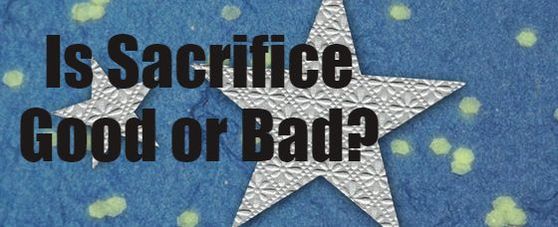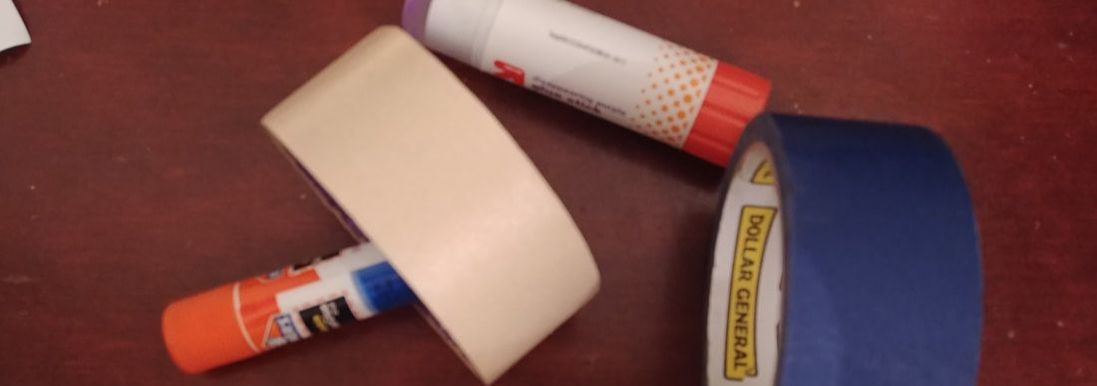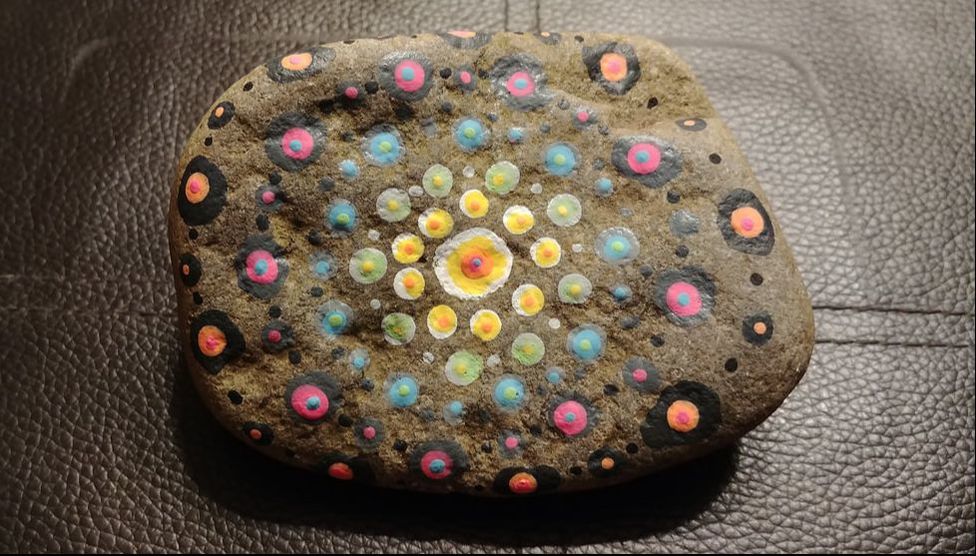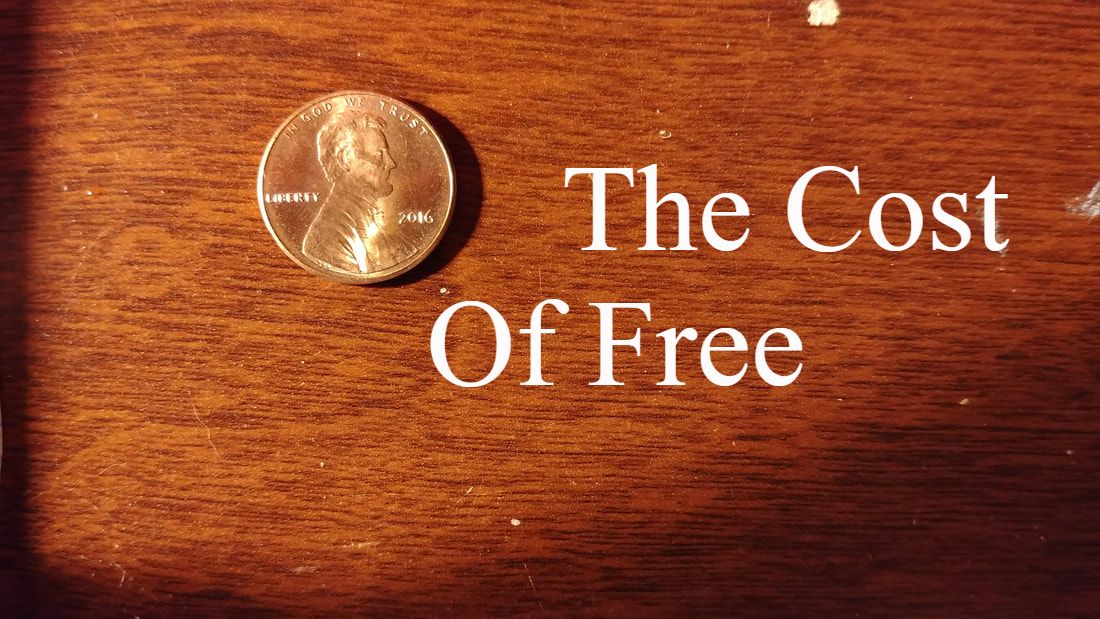|
1 When God began to create the heavens and the earth-- 2 the earth was without shape or form, it was dark over the deep sea, and God’s wind swept over the waters-- 3 God said, “Let there be light.” And so light appeared. 4 God saw how good the light was. God separated the light from the darkness. 5 God named the light Day and the darkness Night. There was evening and there was morning: the first day. Gen 1:-5 CEB -Rev Melissa Fain- I don't think our culture truly appreciates the gift of a blank slate, a fresh start; an empty canvas. In other words, I don't think we appreciate when we get to start from nothing. We long to be that person who has their personal picture all colored in. We eagerly join the communities already full of programming. We want the answers already written, or at least, have a good idea what the questions are. Emptiness needs to be filled. It's like a vacuum, and we are compelled to fill our blank spaces as soon as possible. Unfortunately, when we don't let the empty spaces sit, things we don't want or need fill those areas. Nothingness is scary, but it is a gift from God. According to Genesis 1: When God created the heavens and the earth, there was something that already existed. The sea was there. It was brimming with chaotic elements. God didn't create over the chaos. God ordered the chaos, and from the empty space, God created. Consider that. Let it sit with you for a moment. It was from the emptiness, that grace and love were created. The chaos was pushed aside, and from the blank slate- everything was created. Let us wait in the silence. Let us appreciate the emptiness. Anything is possible from within it. -Rev Melissa Fain- What are you willing to lose to accomplish your goal? That’s the question that continues to ring in my ears as I contemplate the ideals of purpose. There is a goal, you’ve been called to fulfill it, so now what? What sacrifices are good, and which ones are bad? I’ll give two scenarios to talk about bad and good sacrifice. Cindy had plans to organize volunteers to rebuild an old park. Along the way she discovered she had to get approval from government officials, contact multiple non-profit groups for assistance, and call local businesses to seek donations. As this was something she was doing in her spare time, she often did the grunt work late at night after the kids were in bed, or during her break while at work. Because she needed the time, she used her afternoon coffee break as a meeting time to sell a refurbished playground to the community. When funds had been gathered, she realized they were about $3,000 less than the projected cost. She was able to collect an extra $2,000 by hosting a fundraiser at the park. To collect the extra $1,000, Cindy sold her jet ski. While the refurbishment was happening, the local contractor offered to do the work pro-bono as long as they put a sign on the equipment, advertising their company. Cindy agreed. After the project was complete, the community had a beautiful park to enjoy. Bob had plans to organize volunteers to add a sidewalk off the roads right outside town. Along the way he discovered he had to get approval from government officials, contact multiple non-profit groups for assistance, and call local businesses to seek donations. The government thought building a sidewalk would be a great idea for lower income residents who didn’t own cars. When the bill was crafted, a lawmaker added a piece to the bill to increase the cigarette tax. This would disproportionately tax the poor, the very people the sidewalk was being built for. When it came time to ask for volunteers, four churches stepped up to help. However, one church had just paid to landscape their lawn. Their lawn was on the path of the future sidewalk. They offered to donate a large sum of money, if the sidewalk in front of their church be built on the other side of the road. This meant, most of the sidewalk would be on one side of the road, and the tiny portion in front of the church would be on the other. Bob went to the government, to see if a crosswalk could be add where the sidewalk switched sides. They told him it could not. The project continued with the added funds, and the sidewalk transitioning sides for one block. No crosswalk. Once the project began, Bob discovered there wasn’t enough funds to finish. Seeking help from local businesses, he learned they didn’t want the lower income traffic in town. It was fine if the government wanted to build a sidewalk, but they wouldn’t build it on their dime. Finally Bob found a contractor who would finish the project, but he would cut corners to do it. Just wanting the project done, he connected the contractor with the government official. Soon after the sidewalk was finished it began to crack. Within a year there were areas that were difficult to traverse. Residents that lived closer to the town used it to the best of their ability, but most residents lived on the other side of the church. They didn’t use it at all, because the road was too dangerous to cross, and the church put out signs telling people to stay off their lawn. While both scenarios are very different the point of both can be seen. Cindy sacrificed her time and money to make the project come to fruition. Bob sacrificed pieces of the project to make the project happen. In the end, Cindy’s personal sacrifice led to a worthwhile project being completed. In the same way, Bob sacrificing pieces of project led to the project itself being unusable. This is the litmus test for sacrifice: If it damages the vision/project it is bad. It sounds easy, but it’s not. There are times the vision can be sacrificed in menial ways. Like Cindy agreeing to put a plaque for the company that helped build the playground. That was not the vision she had for the park, but it didn’t take anything away from the vision. Meanwhile, for Bob, moving the sidewalk to the other side of the road, not only altered the vision, but broke it. Anyone who lived on the other side of the church wouldn’t find a use for the sidewalk. Also, choosing someone who would cut corners, got the job done quicker, but in a few years, no one would be able to walk to town because the shoddy craftsmanship would make the new sidewalk impossible to walk on anyway. -- This isn’t to say that personal sacrifice is all sunshine and lollypops. People sacrificing everything for the sake of the mission doesn’t always have to be that way. Another meditation for another day. It is to say, that sacrificing pieces of the mission to get it done faster, or to get something done is never the right thing. When we are called to a mission, it’s to carry that purpose, vision, plan, mission statement across the finish line in one piece. Maybe that takes months. Maybe that takes 40 years. No matter how long it takes, it doesn’t work if we sacrifice it before we get to that finish line. -Rev Melissa Fain- This is it. This is the point that quietly, and no so quietly infuriates people. I don't step over on a side when a side looks so clear a choice. I mean, I get it. We want to know who the bad guy is. We want to punish evil, because if we don't have SOMEONE to punish, then what is justice? You wouldn't think we'd be so quick to pick the bad guy based on our current movies. It's the theme of the generation: The bad guy is not really the bad guy. They are just misunderstood. The good guy is really not that good. The good guy is human. I think the reason those movies have struck a chord is not because we feel like the struggling good guy, but because we've all been painted the bad guy. All of us. We are so disconnected, and frayed we've all been put in the loser category. I mean, why wouldn't you feel that way? Bloggers are focusing on the negativity because negativity drives up the page hits. Seriously, you are more likely to get a viewer to re-share negative info than positive info. Meanwhile, advertising and media make money by knowing demographics. Keeping us separated and labeled, helps them know how to sell us products. That product might be an 8pm television program, or the right brand of floor cleaner, but it still requires understanding the consumer. In a world where we are told we can become anything we want to, The world doesn't really want that. The world needs us to fit into our safe little boxes so they can sell us a specific product. All this to say, Fig Tree doesn't work that way. We are a place to reconnect in a world full of disconnection. Glue can't magically become paper, just because it wants to say something solid. We are glue, and we need to act like glue. That's really tough in this world, but necessary. There's too many pieces of paper, and not even close to enough glue bottles. In fact, hardly any at all. So be mad at me; scream at your computer. Throw something at the wall. I'm not going to do it. We were created to be glue. We were created to bond, not choose a side. -Rev Melissa Fain- The internet is an amazing tool. With it, we can connect with people from the other side of the globe in mere seconds. It has made it super easy to reunite with a long lost friend, and say hello to complete strangers. It is also super easy to disconnect and hurt. The ease at which one connects and disconnects is the problem. Relationship is too easy to begin and end. It used to be, if we got angry or frustrated with someone we had to work it out. We were still going to see them the next day or the next week. Now most of our relationships are as fragile as a follow/unfollow button. If you are reading this, you are part of two groups: You found or were given a rockIt probably makes you wonder. What is this? You found or were given a rock. You followed the QR code or entered the link. You found us, an online church. After what I just said, what's up with that? The internet is a new culture, and the church is horrible about engaging it. In some cases they treat the internet like it was in the 90's: A bulletin board where information is posted but not much else. Some treat it like a streaming device. They share a wide angle of their Sunday worship, without any sense of community attached to it. (Great for people who normally show up, but can't always make it on a Sunday. Terrible for people stepping in without any context.) Part of being a church is being a community of believers. How does one do that online? That's where we fit in. When it comes to worship, education, and relationship we try to understand and connect with the culture around us. How are we relating as a people of God online? How do we find God in world where the on/off button is super easy to push? How do we treat the internet as more than a bulletin board, and see the faces behind the usernames? Those are all questions we are asking, while we do the things every church does: worship a Risen Christ, learn from and about the bible, relate in faith and love to our fellow human, and to live out the Great Commission with evangelism. (Don't know half of those words? That's okay! We are also intentional about speaking at a level we can all understand.) So why now? This is an opportunity to do something completely differentHalf a decade ago I started Fig Tree. I thought it would be about six months online and then we'd be starting a traditional brick and mortar church. Boy was I wrong. God had different plans for us! I spent four years engaging the online community and their needs. Learning how internet community worked. I saw how most ideas were simply flashes in the pan, and only a very few really caught fire and took off. During that time congregants slowly trickled in. The congregants we have now are excited about the future of Fig Tree. They are ready to get going, and get growing. We are ready to re-start, so to speak. I truly believe, we will re-envision what it means to be church online. It all begins with your rock. Rocks have always been symbolic of worship, and letting go. We will be using it for both. What's next?We want you! Everything re-starts September 3rd at 2pm. If you are close enough, come in person to The Daily Grind (3960 Mary Eliza Trace NW, Marietta, GA 30064). See where we're going, If you can't come in person, come online (www.Facebook.com/FigTreeChristian).This is about creating something authentic both online and in person. Our congregants are from all over North America. If you are getting a rock in California, yes, we are talking to you too! Maybe you are in the right congregation already. If that's the case, pass your rock on. Maybe you are interested, but also know some others. Make a new rock! That's right. Just make sure to at least include the link, so they can easily find us. No matter what, may God bless and keep you. May the wind be at your back; the sun shine on your face. May God hold you and keep you. Amen. For God so loved the world that he Gave his one Son. Whoever believes in him will not die but have eternal life. -John 3:16 -Rev Melissa Fain- "What do you mean, you are not giving people the page hits?" Years ago I was part of a blog collective. A writer was explaining how to link to someone else's work without giving them the page hits. "Sometimes you want to reference someone else's work, but you don't want to give them the page hits, so they don't get paid because your referencing them." He was talking about ad revenue, which is often based on page hits. "What about those sites that don't have ad revenue, like Fig Tree for example? Wouldn't it be better to let those sites know you are talking about them?" I didn't get that answer during that conversation, but I would later in another context. Want that book deal? You need to rise above the rest. You have to prove you can get those page hits, and others can't. Also, some were taking the good ideas of smaller bloggers and rewording them as their own. The bloggers that link are actually the good ones. There are others who reword the ideas of smaller bloggers and make them their own. There was a conversation on Reddit. Someone had posted a morality question, "Can ministers take sermons from online and claim them as their own?" I jumped all over it. "No!" I respond. I listed the many points I had listed in similar posts. I explained how using someone else's sermon is taking the Spirit's message to a different congregation and telling it to the wrong audience. I explained how it's lying to the very last group of people a minister should lie to. I finished with basically this: "I'm an ordained minister. I owe a ton of money for that education. I share meditations for those who want to learn, but don't feel comfortable in a brick and mortar church. If a minister is stealing my message, and claiming it as his own, they are reaping the benefit of my education, and getting paid for it. My work; your pay." After I shared that opinion Fig Tree's page hits visibly dropped. "What isn't made in China?" I think to myself as I absentmindedly check for the stamp on a pair of shoes I just purchased. Finding what I was looking for on a little white tag, I take a breath out. Why do I care? It's not what you think. My $30 pair of shoes were a deal. If I went to the retail store they would have cost $50. Even at $50, they were good shoes. In the United States we are arguing about raising the minimum wage to $15 an hour. What does that have to do with shoes? It's not exactly what you think. The fight for equal wage used to mean something. If we raised our minimum wage we would feel it in our goods and services. That's because our goods and services were made in America, so the cost of our goods and services raised too. What happens when most of the goods and services are made in a country where they don't have to increase minimum wage? The person who made my shoes. I think about those workers. I think about those workers many of the times I purchase goods and services. What is their life like? How are they living so I can get a good deal on shoes? The point of these three examples are this: Every action has a cost. Maybe you are paying it. Maybe you are paying for someone else's action. Maybe someone is paying for your action. There is always a cost. Always. Jesus gave all for us to have all. That was a choice he made. When people are forced into that choice outside their freewill, then it becomes wrong. It becomes very wrong. Yet, based on case studies we are very willing to hurt or take from someone who is faceless. 66% of us would push the button, or without a face looking on, make a morally less than worthy choice. |
Categories
All
Archives
October 2023
|







 RSS Feed
RSS Feed